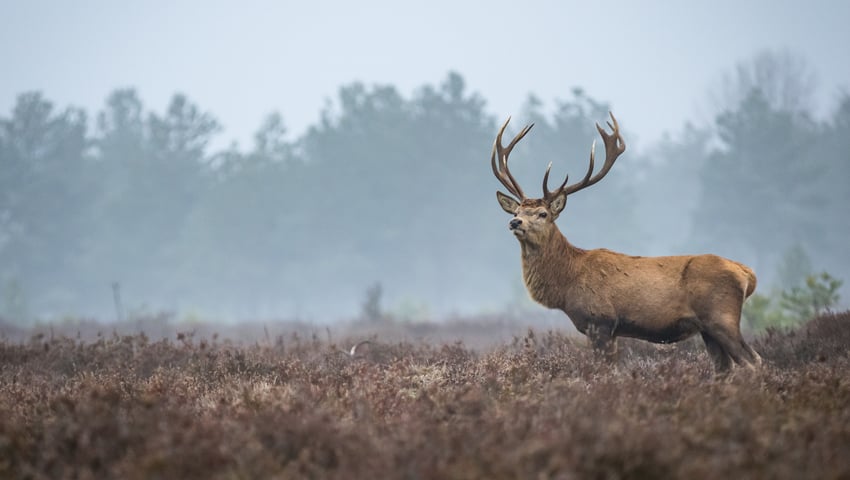A new carbon land tax (proposed by the Scottish Government) would punish rural estate businesses which are already making the greatest contribution to achieving net zero, according to Scottish Land & Estates.
The rural business organisation said research already welcomed by the Scottish Government demonstrates that estates are in the vanguard of renewable energy, woodland creation and peatland restoration.
Stephen Young, Director of Policy at Scottish Land & Estates, said, “Renewable energy on estates accounts for around 60% of Scotland’s generating capacity. Large-scale peatland restoration projects – such as those carried out on rural estates – account for 57% of the peatland that has been restored since 2013. Since 2015, 45,000ha of woodland has been planted on private estate land with support from the Forestry Grant Scheme. That is before we consider the wider economic contribution of rural estates, as well as their role in maintaining Scotland’s food security.
“Independent research has shown that land ownership and use at scale is essential to undertake these types of projects successfully in pursuit of addressing climate change.
“It would appear the Scottish Government is seeking to punish those who are already making the greatest contribution. The Scottish Government had flagged this tax proposal last year that it was considering exploring this and there are serious questions how this would work in practice.
“If such a measure was introduced, careful consideration will be required as to the impact on food production and economic activity in rural communities.
“We all want to see progress on emission reduction and the sequestration of carbon but it is difficult to understand why estates are being the ones who have been singled out by the Scottish Government.
“It should not be forgotten that estates are already paying extensive taxes across their wide range of business activities and by introducing a new tax, it will do little to help Scotland’s rural economy and encourage investment and employment.”
